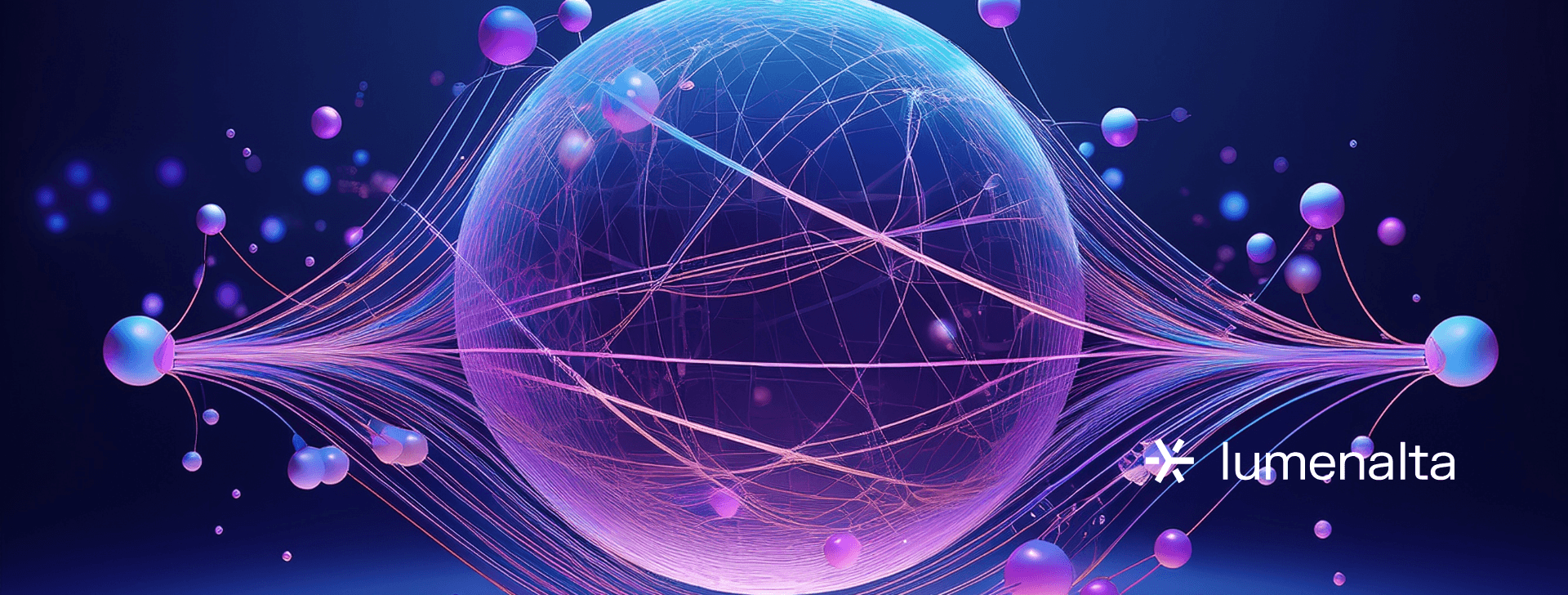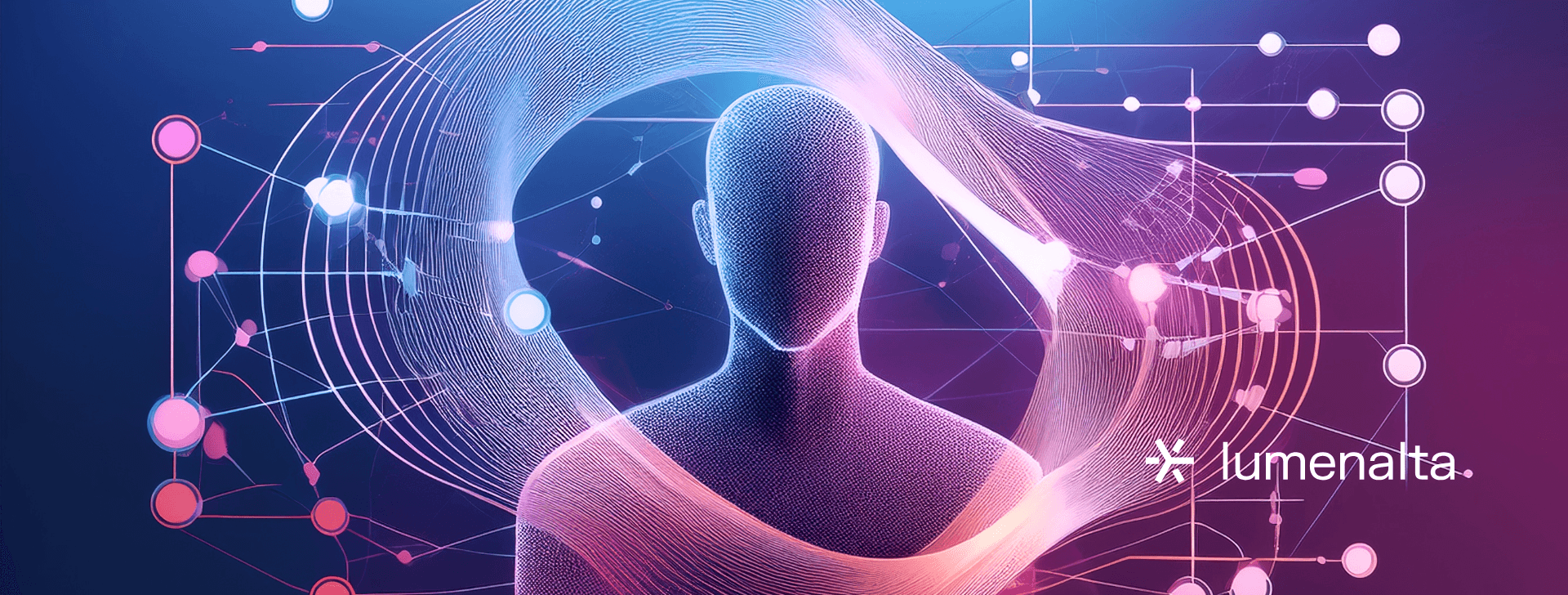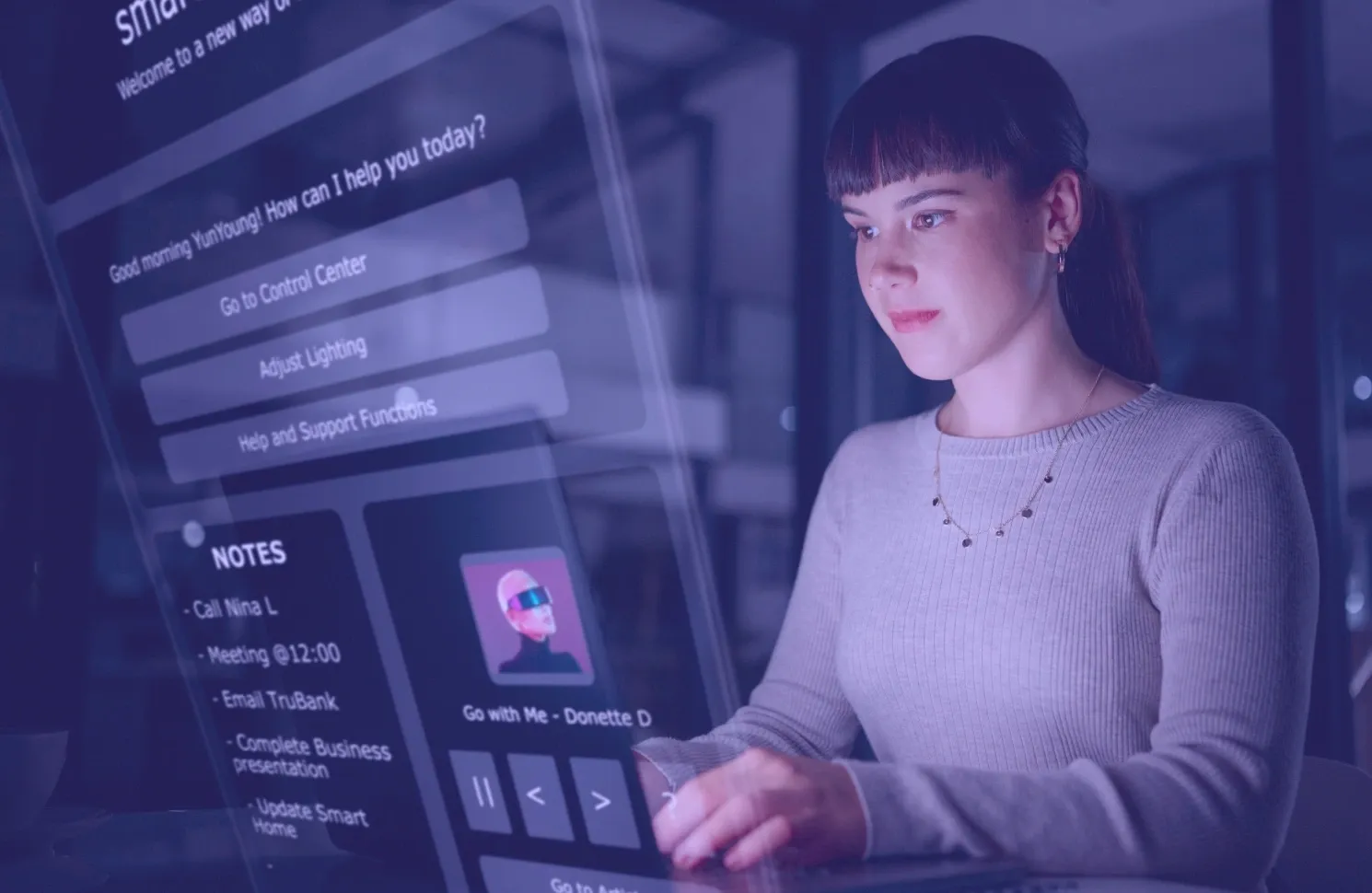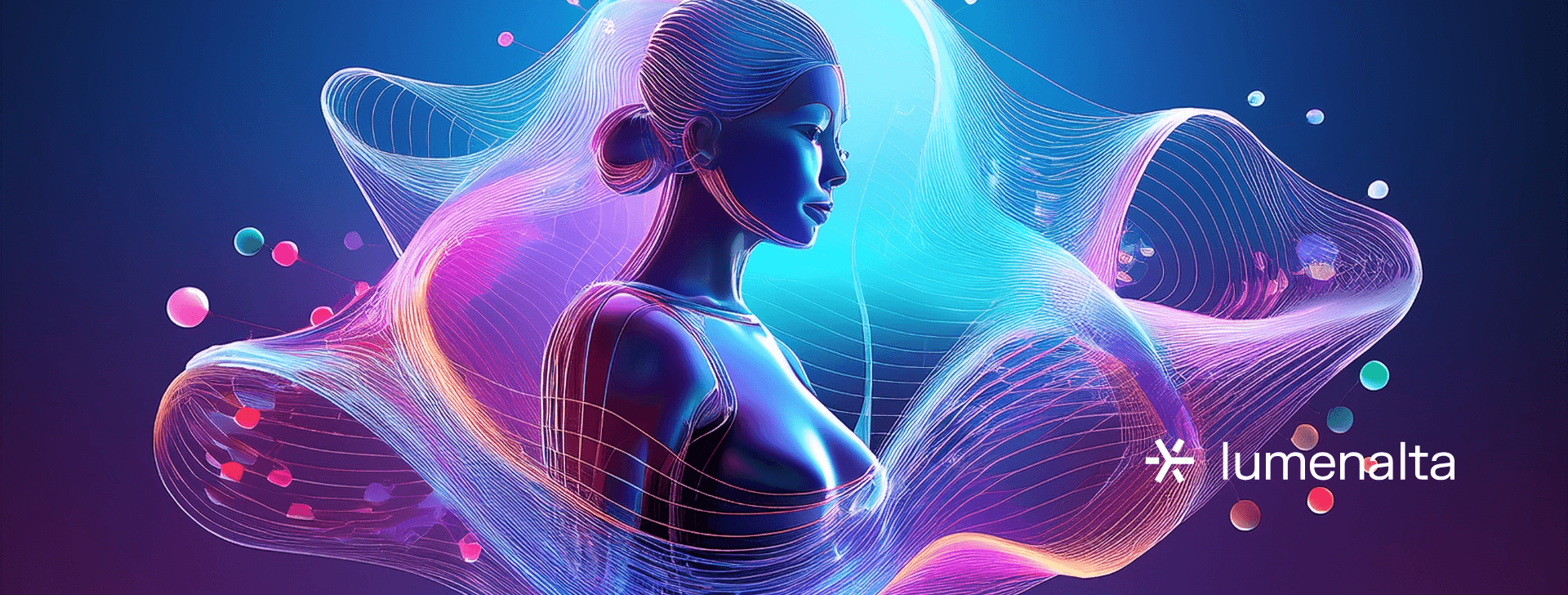
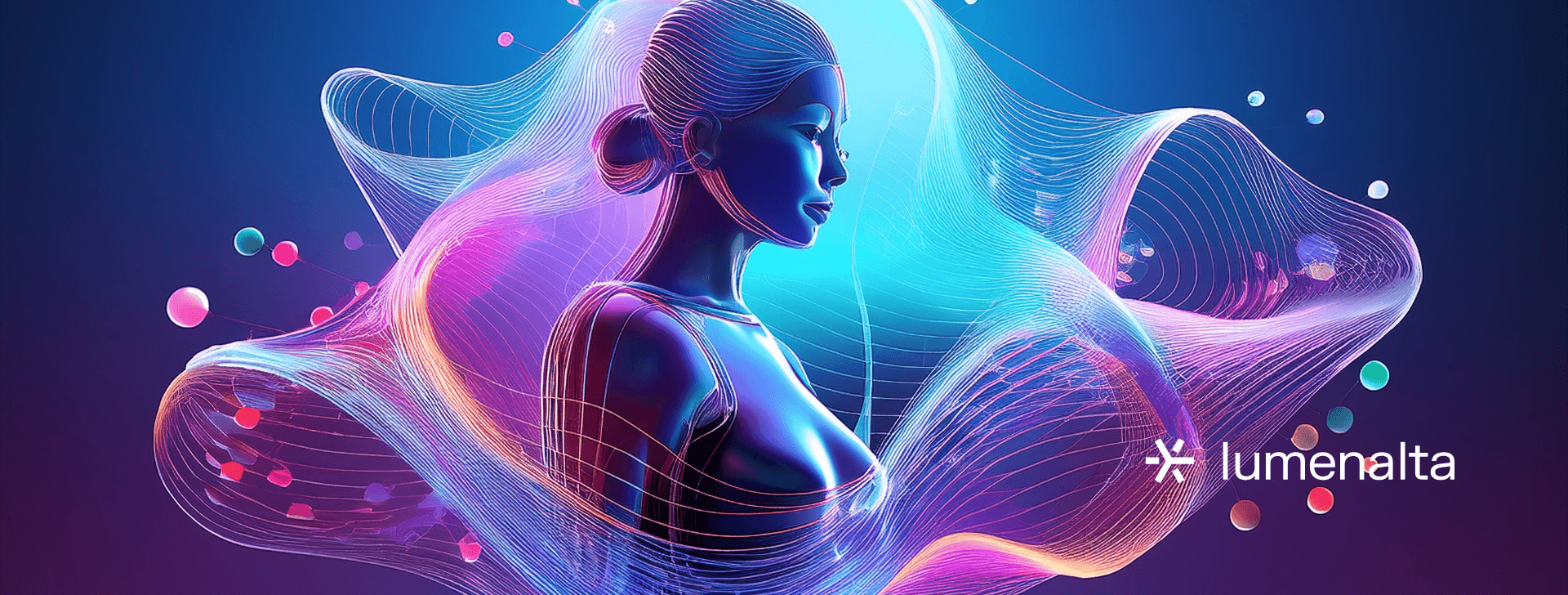
7 key uses of AI and personalization in digital marketing
APR. 10, 2025
5 Min Read
AI and personalization in digital marketing accelerate results for brand visibility and user engagement.
People expect relevant, targeted interactions across every channel, and modern tools support that need. Personalization strategies powered by artificial intelligence have gained traction among marketing teams looking to refine segmentation, content recommendations, and user journeys. Marketing efforts that incorporate machine learning (ML) stand out for cost efficiency, scalability, and real-time insights. Executives across sectors focus on speed to market and greater returns on marketing budgets. AI-led personalization meets that goal through automated data analysis, predictive modeling, and personalized outreach. Teams that deploy these strategies establish stronger brand relevance and optimize campaigns more effectively. Analytics-based insights highlight hidden opportunities, ensuring that every marketing investment aligns with broader revenue targets.
key-takeaways
- 1. AI-led segmentation improves message relevancy and reduces acquisition costs.
- 2. Automated recommendations and real-time personalization lead to more meaningful user experiences.
- 3. AI email personalization and AI video personalization enhance campaigns with targeted, impactful content.
- 4. Data hygiene and well-defined objectives ensure more accurate modeling and consistent results.
- 5. Predictive analytics elevate planning, allowing organizations to allocate resources effectively.
7 key uses of AI and personalization in digital marketing

1. Enhancing customer segmentation with AI-led insights
Refined customer segmentation remains a key foundation for any digital marketing strategy. Marketing teams rely on artificial intelligence to evaluate large-scale demographic, psychographic, and behavioral data for sharper audience groupings. AI-led analytics examine patterns that manual methods often miss, allowing marketers to match consumers with the right messaging. Scalable solutions reduce time spent on guesswork, while also highlighting segments poised for higher conversion.
Data-based approaches empower marketing leaders to prioritize marketing budgets and refine brand messaging. Each segment receives tailored content through channels such as social media, email, and paid ads. Segmentation that factors in real-time metrics supports ongoing improvement and helps marketing operations pivot quickly when trends shift. Effective segmentation translates into measurable gains, including lower acquisition costs and more sustainable growth. These tactics highlight the broader impact of AI and personalization in digital marketing, ensuring that each campaign resonates with specific audiences.
2. Optimizing content creation through AI-generated recommendations
High-quality content drives user engagement and brand loyalty. AI engines scan audience behavior to predict topics, keywords, and formats that resonate with different segments. Recommendations generated through machine learning reduce guesswork and keep campaigns aligned with user interests. Teams can adjust content length, style, and tone to fit specific channels, maximizing the appeal of each piece.
Predictive modeling pinpoints the best times to publish, promoting consistent reach and cost-effectiveness. Marketers then allocate resources more efficiently, focusing on topics that yield higher user satisfaction. Collaboration between creative teams and AI platforms introduces a cycle of constant iteration, resulting in stronger messaging over time. This approach elevates brand credibility and positions organizations as authoritative voices in their industries.
"Recommendations generated through machine learning reduce guesswork and keep campaigns aligned with user interests."
3. Improving email marketing effectiveness with AI personalization
Marketing emails remain a vital channel for nurturing leads and maintaining customer loyalty. AI personalization refines the process by examining engagement metrics, purchase history, and user preferences in a continuous loop. Subject lines, message timing, and product suggestions can be tailored for each recipient, raising the chance of conversion. Detailed customer journeys support strategic email segmentation, making every message feel personal.
Automated triggers aligned with user actions allow frequent optimization and help define the right cadence for ongoing communication. AI-based insights can also identify which promotions or calls-to-action resonate with specific micro-segments. The result is an increase in click-through rates, fewer unsubscribes, and a boost in overall return on investment (ROI). Marketers who integrate these methods often see immediate improvements in customer lifetime value and brand affinity. That level of customization underscores the strategic value of AI and personalization in digital marketing.
4. Utilizing AI for real-time personalization in user experiences
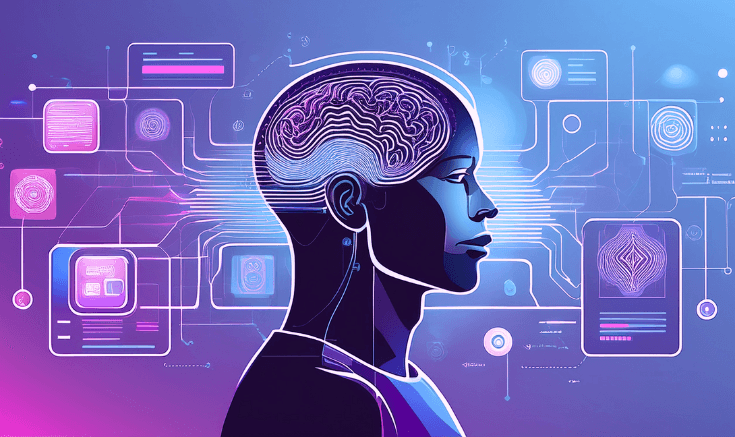
Real-time personalization shapes how consumers interact with websites, landing pages, and online tools. AI systems monitor every click, scroll, and exit point to adjust on-page components in seconds. Tailored content, product offers, or chat prompts appear based on current engagement patterns, improving usability and conversion likelihood. This dynamic method elevates the perceived relevance of digital channels and keeps users invested.
Immediate personalization also helps brands pivot if a user shows signs of confusion or disinterest. Automated algorithms might switch promotional banners or recommend support resources, minimizing bounce rates and recovery costs. This approach extends to loyalty programs and subscription models, where machine learning refines reward offerings and membership tiers. Organizations gain a measurable lift in overall satisfaction, creating a more meaningful relationship with each consumer.
5. Boosting advertising ROI through AI-targeted campaigns
Marketers who want to maximize returns from paid advertising often rely on AI-based optimization. Platforms that integrate AI can dynamically adjust bids, placement, and audience selection in line with performance data. Predictive tools also help forecast campaign outcomes, guiding advertisers to allocate budgets more strategically. This level of automation produces faster feedback loops and reduces wasted spend across major ad networks.
AI-based advertising extends beyond search and social platforms, covering programmatic displays and emerging channels. Conversion tracking linked to these systems refines future campaigns, positioning marketers to capture user attention at the perfect moment. Tailored messages, coupled with advanced audience segmentation, promote better engagement and stronger brand recall. These techniques often translate into higher ROI and set a stable path for scaling digital advertising initiatives. Steady improvements in targeted ads emphasize how AI and personalization in digital marketing shape more profitable interactions.
6. Implementing AI chatbots for personalized customer service
Conversational AI has matured to a point where customers expect rapid, human-like assistance at any hour. Chatbots equipped with natural language processing (NLP) interpret user messages, context, and history to provide relevant answers. Personalization is further refined as the system learns from repeated interactions, updating its understanding of user preferences. Support costs often drop significantly, and response times improve as chatbots handle repetitive tasks.
Many chatbots also function as sales agents, recommending products or upgrades that match individual buying patterns. This approach simplifies the purchase process and removes barriers associated with traditional support lines. Seamless integration with other communication channels keeps conversations consistent if a user switches from web to mobile interactions. The outcome is improved customer satisfaction, which directly contributes to loyalty and lifetime value.
7. Leveraging AI analytics for predictive marketing strategies
Comprehensive analytics powered by AI illuminate patterns in user data, campaign performance, and purchase cycles. Advanced forecasting tools highlight the potential outcomes of marketing decisions before significant investments occur. Real-time data streams guide teams toward well-timed promotions, ensuring that offers hit the right audience at the ideal moment. Long-term planning also benefits from predictive analysis, giving executives a clearer view of future market behavior.
Building on these insights allows marketing departments to create targeted experiments and refine product positioning across multiple channels. Success metrics become easier to track, and any underperforming campaign elements are quickly identified for realignment. Machine learning analyzes correlations that might otherwise remain unnoticed, boosting overall efficiency. The outcome is consistent, data-based development of marketing initiatives, resulting in higher user satisfaction and dependable revenue streams.
Implementing AI email personalization for targeted communication
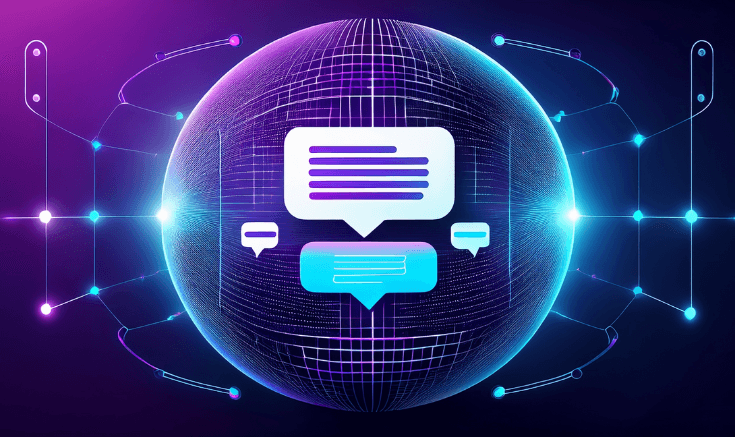
Data gathering and segmentation
Successful AI email personalization starts with well-organized data. Marketers integrate information from CRM systems, purchase histories, and user profiles to form a single source of truth. This robust dataset fuels AI models that detect new trends in engagement and alert teams to shifting consumer interests. Automated segmentation then assigns subscribers to relevant groups, allowing for more precise messaging and higher open rates.
Workflow automation and ongoing optimization
AI tools can automate message creation, dynamically adjusting subject lines, images, or calls-to-action based on real-time insights. A continuous feedback loop measures performance and refines future communications, saving time for marketers who would otherwise manually test each variable. This method also reduces operational overhead and helps teams stay agile when subscriber behaviors shift. Over the long run, organizations see stronger click-through rates, better engagement, and a boost in revenue from email campaigns.
Utilizing AI video personalization to enhance customer engagement
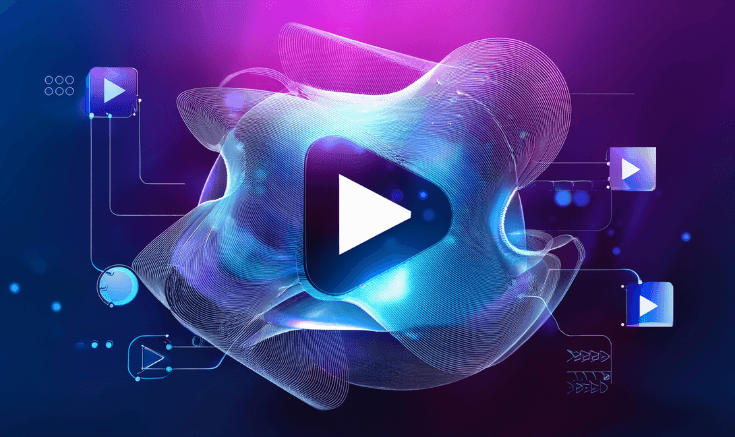
Video content offers an immersive experience that resonates with viewers looking for concise, relevant information. AI video personalization adapts clips based on user attributes, including past interactions, location, or stated preferences. This approach can change the narrative flow, product highlights, or calls-to-action within the same core video asset. Brands that prioritize video personalization often see a surge in watch times, social shares, and lead conversions.
AI engines automatically measure retention rates and engagement metrics, identifying drop-off points or sections that are most successful in capturing user interest. Adjustments are then made for subsequent views, offering a continuous improvement cycle without manual editing overhead. This level of customization nurtures deeper user relationships, as each individual feels understood and catered to in a more personalized format. Marketers who integrate AI video personalization can expect higher ROI and a scalable model for future campaigns.
"Brands that prioritize video personalization often see a surge in watch times, social shares, and lead conversions."
Strategies for optimizing AI-based personalization efforts
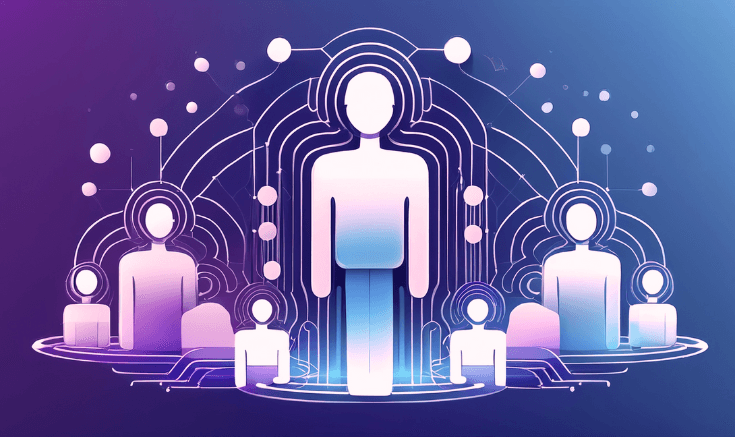
Define clear objectives
Teams often see the best results when they specify measurable targets before adopting any AI-based personalization tool. Objectives may focus on improving lead quality, raising ROI, or expanding reach in new markets. A structured plan outlines data sources, key performance indicators, and projected timelines for rollout. This clarity keeps implementation costs in check and aligns stakeholders on expected outcomes.
Select the right platforms
AI-based personalization solutions range from standalone services to full-suite marketing platforms. Teams should evaluate integration options, vendor support, and data security to ensure a smooth rollout across existing systems. Marketers often pick solutions that align with their budget, skill set, and campaign scope. Proper platform selection helps avoid compatibility issues and lays the groundwork for consistent results.
Maintain continuous data hygiene
Effective personalization hinges on accurate user data. Marketers who conduct regular audits remove outdated or duplicate records that could skew AI recommendations. Routine checks also safeguard privacy compliance, a priority in regions with strict data regulations. Clean data sets promote reliable insights, ensuring that AI-based personalization delivers the highest possible return on marketing investments.
Teams that employ AI and personalization in digital marketing often gain a distinct advantage in terms of user loyalty and budget efficiency. Processes that once required manual effort become automated, allowing for rapid testing and immediate course corrections. Marketing leaders tap into analytics that inform strategic moves, from developing new offers to refining brand voice. These steps support steady gains in ROI and sustain meaningful relationships with consumers over the long run.
AI is not just an operational add-on—it is a strategic tool that helps businesses allocate resources and engage customers at scale. Tailored campaigns, insightful analytics, and real-time pivots define a more cost-effective and future-ready marketing strategy. At Lumenalta, we build advanced AI solutions tailored to your unique goals, positioning your organization for measurable growth. Let’s chart a brighter path together.
table-of-contents
- 7 key uses of AI and personalization in digital marketing
- 1. Enhancing customer segmentation with AI-led insights
- 2. Optimizing content creation through AI-generated recommendations
- 3. Improving email marketing effectiveness with AI personalization
- 4. Utilizing AI for real-time personalization in user experiences
- 5. Boosting advertising ROI through AI-targeted campaigns
- 6. Implementing AI chatbots for personalized customer service
- 7. Leveraging AI analytics for predictive marketing strategies
- Implementing AI email personalization for targeted communication
- Utilizing AI video personalization to enhance customer engagement
- Strategies for optimizing AI-based personalization efforts
- Common questions about AI and personalization in digital marketing
Common questions about AI and personalization in digital marketing
How does AI and personalization in digital marketing support better lead quality?
What makes AI email personalization different from standard email marketing?
Does AI video personalization require advanced technical expertise?
How do AI-based personalization strategies enhance social media ads?
Is it possible to measure ROI on AI-led personalization initiatives?
Want to learn how AI and personalization can bring more transparency and trust to your operations?

